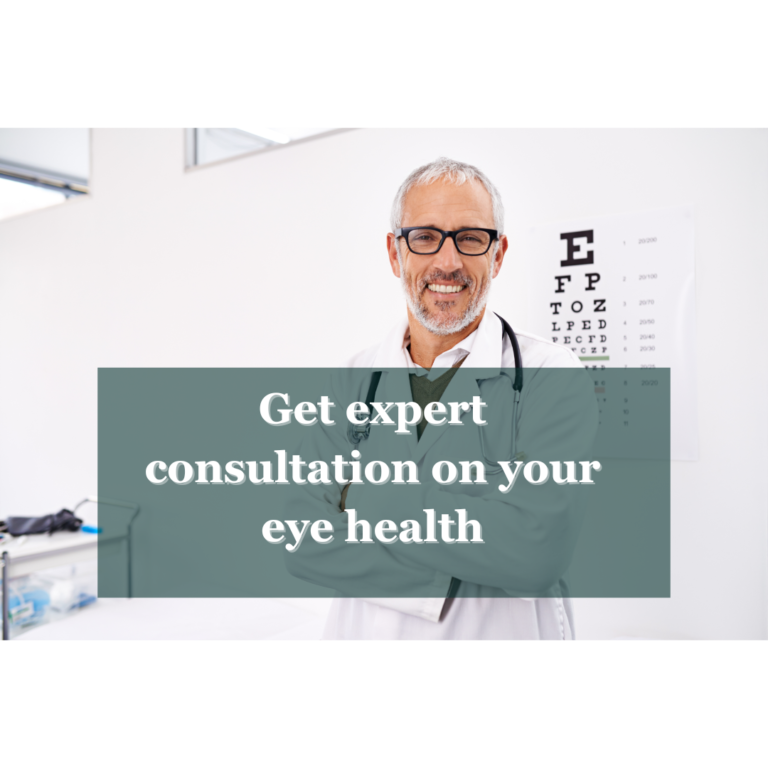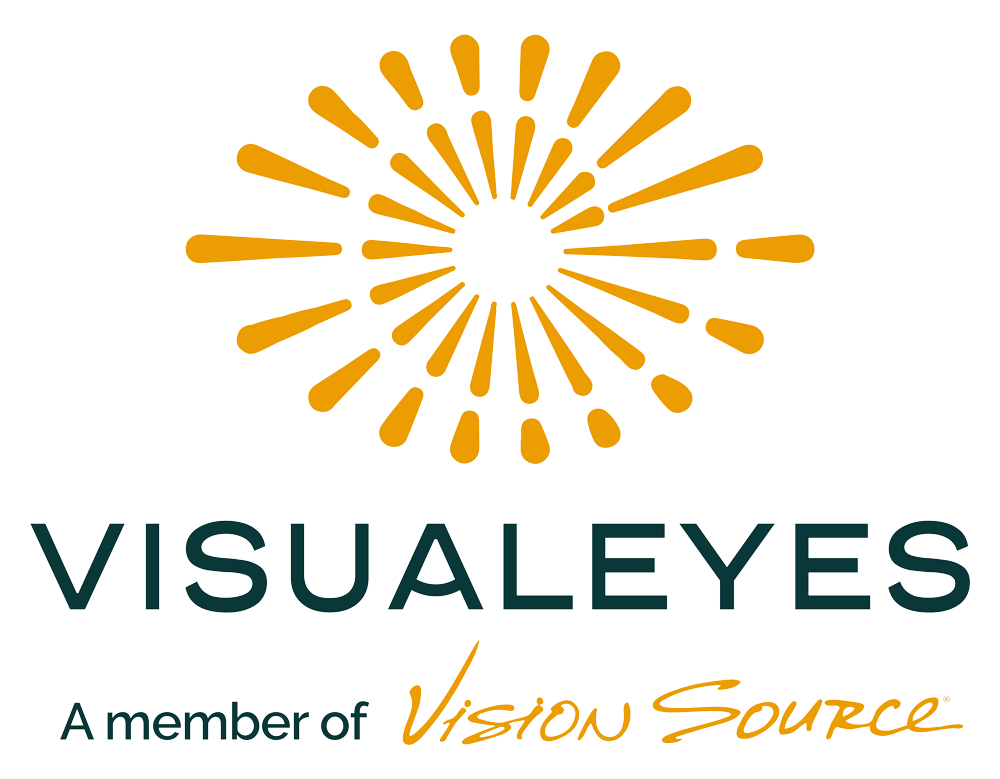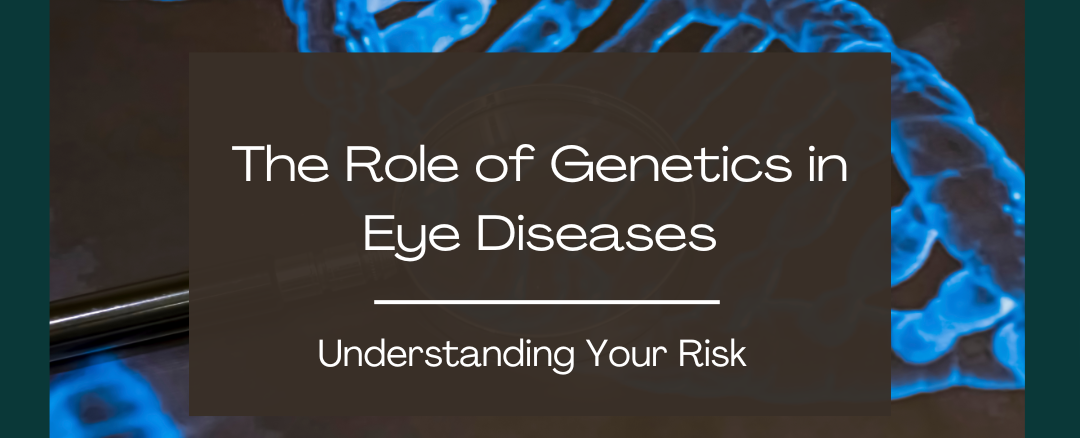- May 22, 2023
- Deborah Jackson
- Comment: 0
- Award Winning, blog, Eye Health and Wellness
The Role of Genetics in Eye Diseases: Understanding Your Risk
Table of Contents:
- Introduction
- Unraveling the Genetic Code
- Nature vs. Nurture: Unraveling the Genetic Puzzle
- Common Eye Diseases with Genetic Connections
- Genetic Testing: Unlocking Personal Insights
- Genetic Counseling: Navigating Your Eye Health Journey
- Understanding Genetic Risk Factors
- Lifestyle and Environmental Factors
- Conclusion

Introduction
Have you ever wondered why some people seem more prone to certain eye conditions?
Eye diseases can have a significant impact on a person’s quality of life. They can affect our ability to see clearly, perceive colors accurately, and perform daily tasks with ease. While several factors contribute to the development of eye diseases, genetics plays a crucial role. Understanding how genetics influence eye diseases can help individuals assess their risk and take proactive measures to protect their vision. In this article, we delve into the connection between genetics and eye diseases, shedding light on the importance of genetic factors in ocular health. .
Unraveling the Genetic Code
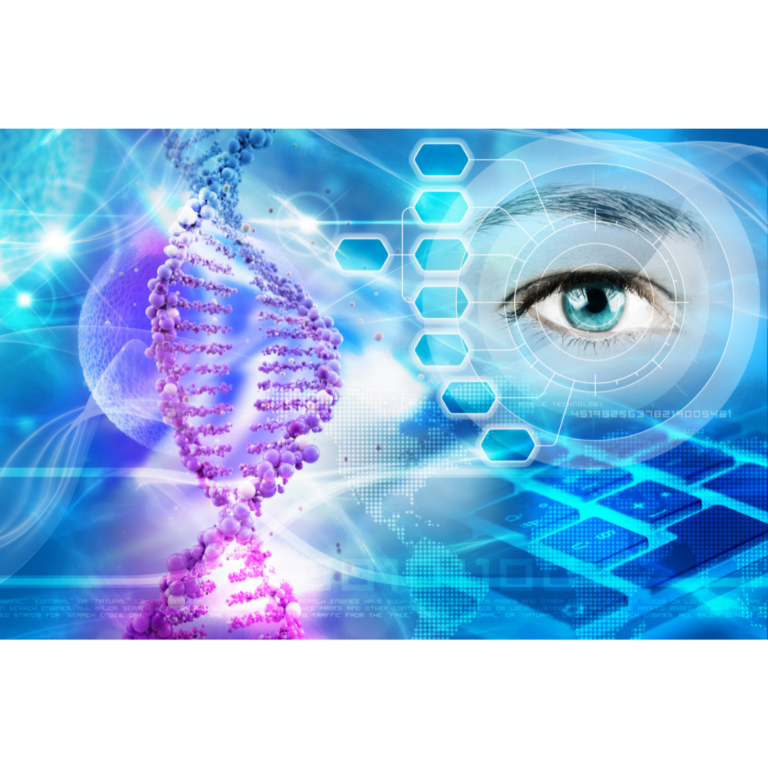
What are Genes?
Genes are segments of DNA (deoxyribonucleic acid) that carry genetic information and are responsible for transmitting hereditary traits from one generation to another. They serve as the blueprints that determine various characteristics, including eye color, hair texture, and even susceptibility to certain diseases.
Nature vs. Nurture: Unraveling the Genetic Puzzle
When it comes to eye diseases, the interplay between nature and nurture is truly intriguing. While environmental factors like UV exposure and lifestyle choices do play a role in eye health, our genetic makeup can predispose us to certain conditions. Think of it as a genetic blueprint that can impact our eye health throughout our lives. .
Common Eye Diseases with Genetic Connections
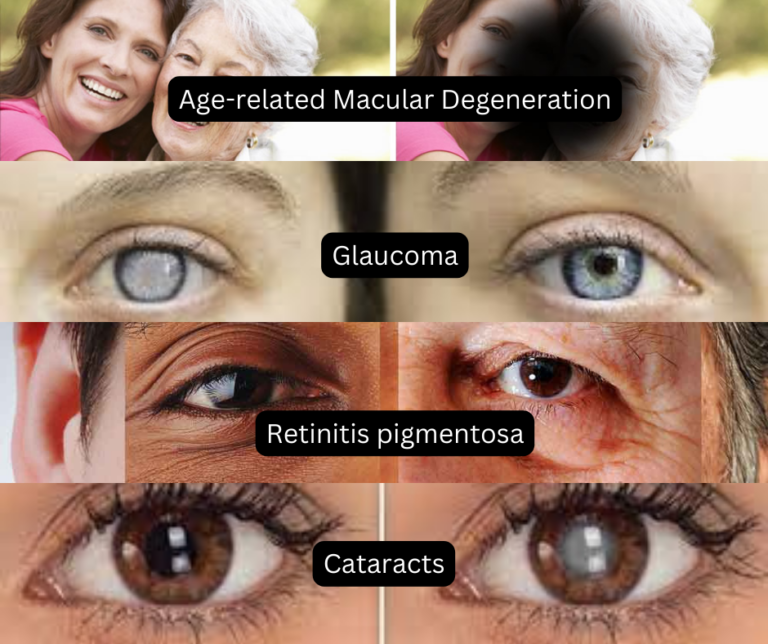
Several eye diseases have a genetic component, meaning they can be inherited from our parents or other family members. Some common eye diseases with a genetic link include:
- Age-Related Macular Degeneration (AMD): AMD is a leading cause of vision loss among older adults. Research suggests that specific genetic variations can increase your susceptibility to this condition. Understanding your genetic risk can help you take proactive steps to minimize its impact.
- Glaucoma: Glaucoma is often referred to as the “silent thief of sight” due to its gradual progression. Certain gene mutations have been linked to an increased risk of developing glaucoma. Identifying these genetic markers early on can aid in early detection and prompt treatment.
- Retinitis Pigmentosa (RP): RP is a group of inherited disorders that cause a gradual breakdown of cells in the retina, eventually leading to vision loss. Various genes have been associated with RP, highlighting the complex genetic landscape of this condition.
- Cataracts: Although aging and environmental factors play a prominent role in cataract development, genetics can also influence your susceptibility. Certain gene variations have been found to be more common in individuals with cataracts, indicating a genetic link worth exploring.
- Refractive Errors: Conditions like nearsightedness (myopia) and farsightedness (hyperopia) can have a genetic component. If your parents wear glasses, chances are you might need them too. Genetics can contribute to the shape and structure of your eyes, affecting your visual acuity.
- Myopia (Nearsightedness): Myopia, or nearsightedness, is a common refractive error that affects millions of people worldwide. Genetics can contribute to the development of myopia, with certain genes impacting the shape and structure of the eyes. If one or both of your parents have myopia, there’s a higher chance you might develop it too.
Genetic Testing: Unlocking Personal Insights
Curious to know more about your own genetic predisposition to eye diseases? Genetic testing might be the answer. This cutting-edge technology allows you to gain personalized insights into your ocular health. By analyzing your DNA, genetic tests can identify specific gene variations related to eye diseases. Armed with this knowledge, you can make informed decisions about lifestyle modifications, preventive measures, and early interventions.
Genetic Counseling: Navigating Your Eye Health Journey
Understanding your genetic risk for eye diseases can be both empowering and overwhelming. That’s where genetic counseling comes in. Genetic counselors are healthcare professionals trained to help individuals navigate the complex world of genetics. They can interpret genetic test results, provide risk assessments, and offer guidance on managing your eye health based on your unique genetic profile.
Understanding Genetic Risk Factors
Genetic risk factors can increase the likelihood of developing certain eye diseases. It’s important to note that having a genetic risk factor does not guarantee the development of the disease, but rather indicates an increased susceptibility. Factors that influence genetic risk include:
- Family History: If you have a family member with an eye disease, your risk of developing the same condition may be higher. The closer the familial relationship, the greater the potential risk.
- Genetic Mutations: Specific genetic mutations can directly contribute to the development of eye diseases. Genetic testing can help identify these mutations and assess the associated risk.
- Gene Expression: The way genes are activated or suppressed can impact disease development. Factors such as lifestyle choices, environmental exposures, and overall health can influence gene expression and modify disease risk.
Lifestyle and Environmental Factors

While genetics can play a significant role in eye diseases, it’s essential to remember that lifestyle factors also matter. Taking care of your eyes involves striking a delicate balance between genetic predispositions and healthy habits. Factors that can promote good eye health include:
- Balanced Diet: Consuming a diet rich in antioxidants, omega-3 fatty acids, and vitamins (such as A, C, and E) can support eye health and reduce the risk of certain eye diseases.
- Regular Eye Exams: Routine eye exams can detect early signs of eye diseases and allow for timely intervention. Regular check-ups are especially important if you have a family history of eye diseases.
- Protective Eyewear: Shield your eyes from harmful UV rays by wearing sunglasses with proper UV protection. Additionally, if you engage in activities that pose a risk of eye injury, such as sports or DIY projects, consider wearing protective eyewear.
- Quit Smoking: Smoking not only harms your overall health but also increases the risk of eye diseases like macular degeneration and cataracts. If you’re a smoker, consider quitting or seeking support to kick this harmful habit.
Conclusion
From age-related macular degeneration to glaucoma and cataracts, our genetic makeup can significantly influence our ocular health. Remember, genetic testing and counseling can provide valuable insights into your personal risk factors. However, don’t forget that lifestyle choices and protective measures are equally important in safeguarding your eyes. So, take care of those peepers, stay informed, and embrace a holistic approach to your eye health journey!
